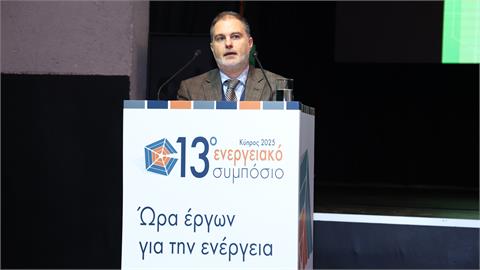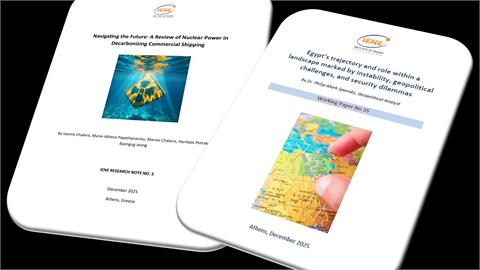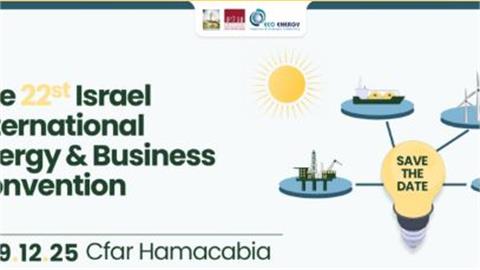Upon the invitation of the AHEPA supreme council the Chairman and Executive Director of IENE, Mr. Costis Stambolis, participated in their annual convention, which was held in Athens on July 29, and delivered a key note address on the Key Strategic Choises for Greece’s Energy Sector. In his opening remarks the chairman of IENE discussed the energy and geopolitical position of Greece in a SE European context and how the country thanks to its advanced economy and extended energy infrastructure can provide an energy viaduct for the entire SEE region.
Upon the invitation of the AHEPA supreme council the Chairman and Executive Director of IENE, Mr. Costis Stambolis, participated in their annual convention, which was held in Athens on July 29, and delivered a key note address on the Key Strategic Choises for Greece’s Energy Sector. In his opening remarks the chairman of IENE discussed the energy and geopolitical position of Greece in a SE European context and how the country thanks to its advanced economy and extended energy infrastructure can provide an energy viaduct for the entire SEE region.
In his presentation, which can be seen here, the Executive Director of the Institute of Energy for SE Europe ( IENE) having first analysed the energy system of the country he then discussed its growing energy dependency as a result of mounting gas and electricity imports. Following the Greek government’s decision for full decarbonisation of the electricity sector by 2028 the country is facing increased energy imports and this is impacting the rest the energy sector in terms of costs and required investments.
The key strategic challenges currently faced by Greece were summarised as follows:
- Decarbonisation by gradually retiring 4.0 GW of lignite power plants (government target by 2028) in compliance with EU and Paris Agreement goals
- Reduce energy dependency by curtailing oil and gas imports
- Develop own oil and gas resources so as to cover majority of home needs and realise exports to Europe
- Further develop Renewable Energy Sources, especially solar (PV and thermal), wind (onshore and offshore), geothermal (high enthalpy), biomas/biogas, hydro (small and large plants)
- Improve energy efficiency, especially in buildings
- Advance further competition in electricity and gas markets
- Further develop oil, gas and electricity trading by becoming regional trading hub
- Attract sizeable FDI in the energy sector




